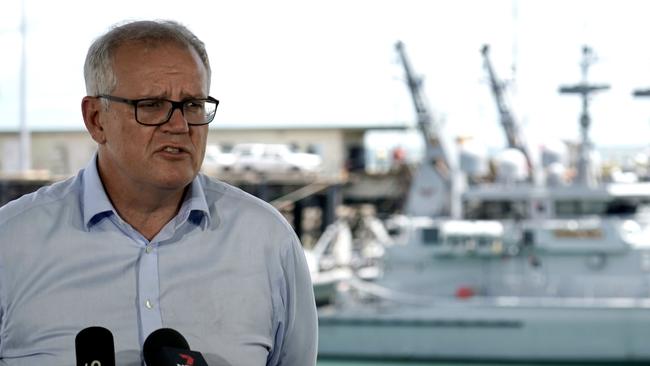
Malcolm Turnbull almost lost government in 2016 when he campaigned for eight weeks on “jobs and growth” without turning the blowtorch on then opposition leader Bill Shorten.
During the present term, until February 10 when Peter Dutton launched his full frontal assault on Labor’s relationship with China, it looked like Scott Morrison was in danger of repeating Turnbull’s mistake.
Turnbull turned straight to his love child, Guardian Australia, to attack Dutton. But where was Turnbull over the relentless blame shifting by the Opposition and state Labor governments that spent most of the past year attacking Morrison’s handling of the Covid pandemic, even though Australia’s death rate is among the lowest in the world and its vaccination rate among the highest?
Labor’s extreme negativity against Morrison for the past year could backfire on Anthony Albanese.
Yet the left media is sure that Albanese is being treated unfairly. Many reporters spent last week trying to explain how misguided the federal government’s China attacks are. This only a week after some of the same ABC and Guardian Australia reporters were happy to side with Brittany Higgins and Grace Tame in accusing Morrison of presiding over a culture of sexual bullying.
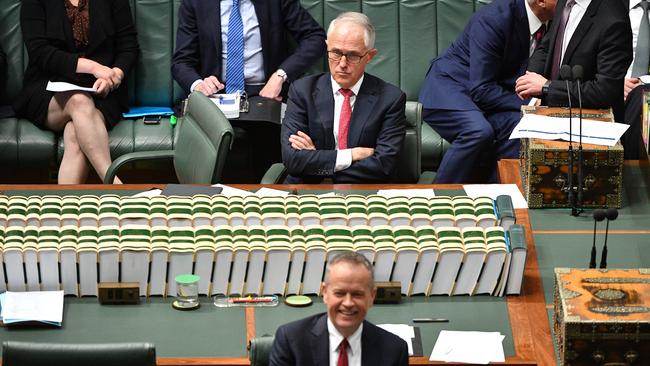
Not much about negative campaigning is ever fair. Most reporters and most Labor MPs understand problems last year with the AstraZeneca vaccine were not the government’s fault. Yet Morrison at the Press Club a fortnight ago was prepared to accept responsibility for mistakes, many of which were made by the Therapeutic Goods Administration and the Australian Technical Advisory Group on Immunisation.
So how unfair has the Coalition’s China attack been? Not very. ABC journalists have been spinning the words of various intelligence and foreign policy grandees warning against the politicisation of national security. As Greg Sheridan pointed out here on Thursday, there is a long tradition of using national security for political advantage. He cited former PM Kevin Rudd warning of possible conflict with Indonesia in 2013 when then opposition leader Tony Abbott campaigned on turning back the boats.
Nor does it help Labor that two of its most high-profile media commentators – former PM Paul Keating and former NSW premier and former federal foreign minister Bob Carr – have both worked for Chinese-backed institutions and both regularly bag the federal government’s handling of the China relationship. Keating regularly criticises the US alliance.
Then there are more grubby matters. Former federal Labor senator and former NSW ALP state secretary Sam Dastyari quit politics in 2017 after publicly speaking up for China over the South China Sea, and seeking payment of personal bills by Chinese donors in 2014 and 2015. He had also provided counter-surveillance advice to controversial ALP donor Huang Xiangmo.
Another former NSW state secretary Jamie Clements was accused at the Independent Commission Against Corruption in 2019 of receiving a $100,000 cash donation in a shopping bag from the same donor.
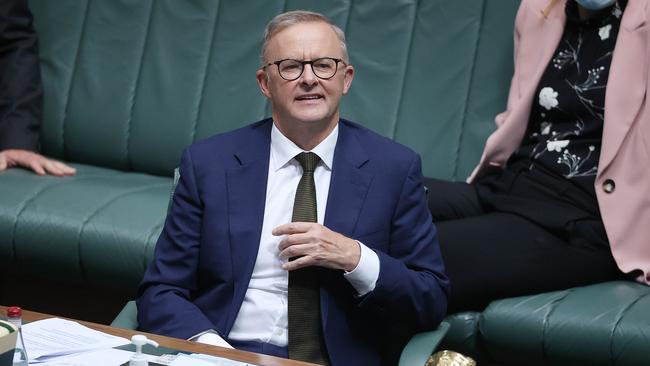
To be fair, some Coalition politicians have also been starry-eyed about Beijing. Former trade minister Andrew Robb went to an $880,000-a-year job working for Landbridge, which had been granted a 99-year lease over the port of Darwin, as soon as he quit politics. And Labor targeted Victorian Liberal MP Gladys Liu who was potentially compromised by several Chinese Communist Party front organisations in 2019.
Labor’s formal policy has been critical of Chinese repression of the Uighur Muslims and supportive of the Dalai Lama and of Tibet. Still, reporters who have been keen to suggest there should always be bipartisanship over the China relationship are turning a blind eye to recent politicisation by Labor.
Much of Labor’s present leadership – as well as Keating, Carr and Rudd – have been scathing of Morrison’s handling of the trade relationship, blaming him rather than China for trade sanctions against our exports and slamming the PM for calling for an international investigation into the origins of Covid in Wuhan in early 2020.
Retiring former frontbencher Joel Fitzgibbon told the ABC in May 2020 that Morrison had offended the Chinese by calling for an inquiry. He said Australia “didn’t need to be out there in front, offending the Chinese … if we hadn’t done that … we might not be dealing with barley (export bans) … and we may not have four meat processors prevented from exporting to China.”
The record shows that despite those bans and more substantial restrictions on coal exports, our total national export volumes have risen to record levels and the nation has benefited from diversification into other markets.
Last week several reporters were prepared to verbal ASIO boss Mike Burgess about his interview with Leigh Sales on 7.30 on Wednesday night. On RN Breakfast on Thursday, Patricia Karvelas and Guardian political editor Katharine Murphy agreed Burgess had criticised the politicisation of national security.
Except a careful read of the transcript shows that is not what he said. Burgess was determined ASIO itself would not be used as a political football. That’s not criticism of the government’s political strategy.
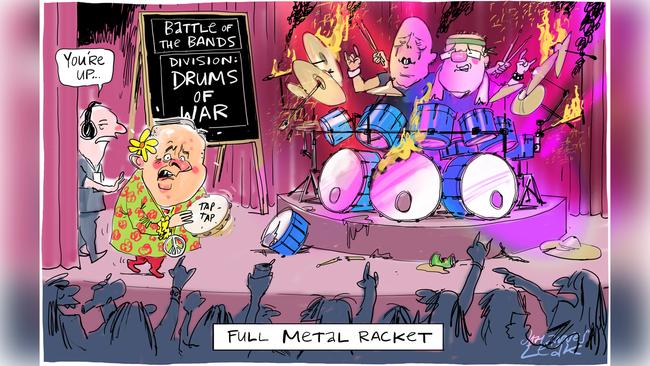
Karvelas had just interviewed former ambassador to the US, ASIO chief and former head of the Defence and Foreign Affairs departments Dennis Richardson, who did make the comments Burgess didn’t. Karvelas did not point out that as a board member of the Canberra Raiders NRL club a decade ago, Richardson had been involved in a $1.7m sponsorship from Chinese telecommunications giant Huawei, later banned by Turnbull on national security grounds.
A paper supervised by Professor John Fitzgerald and released last week by the Australian Strategic Policy Institute makes fascinating reading on China’s attempts to influence Australian politics, business and universities. It spares neither side of politics.
Of greatest interest is the chapter on Victoria, dealing with Daniel Andrews’ decision to sign the state up to China’s Belt and Road Initiative, later reversed by the Morrison government. After the diplomatic accord between Vladimir Putin and China’s Xi Jinping a fortnight ago, fake diplomacy by state Labor leaders should give federal Labor plenty to think about.
It was a Labor senator, Kimberley Kitching, who asked Burgess late on Monday night in Estimates if the “puppeteer” the ASIO boss had said was trying to influence the election was Chinese billionaire Chau Chak Wing. And it was Albanese who said publicly that Burgess had assured him ASIO had no problems with present Labor candidates. But as news.com.au political editor Samantha Maiden told Karvelas on Friday, Albanese did not ask if the “puppeteer” had attempted to influence federal NSW Labor candidates, because he did not want to talk about that.


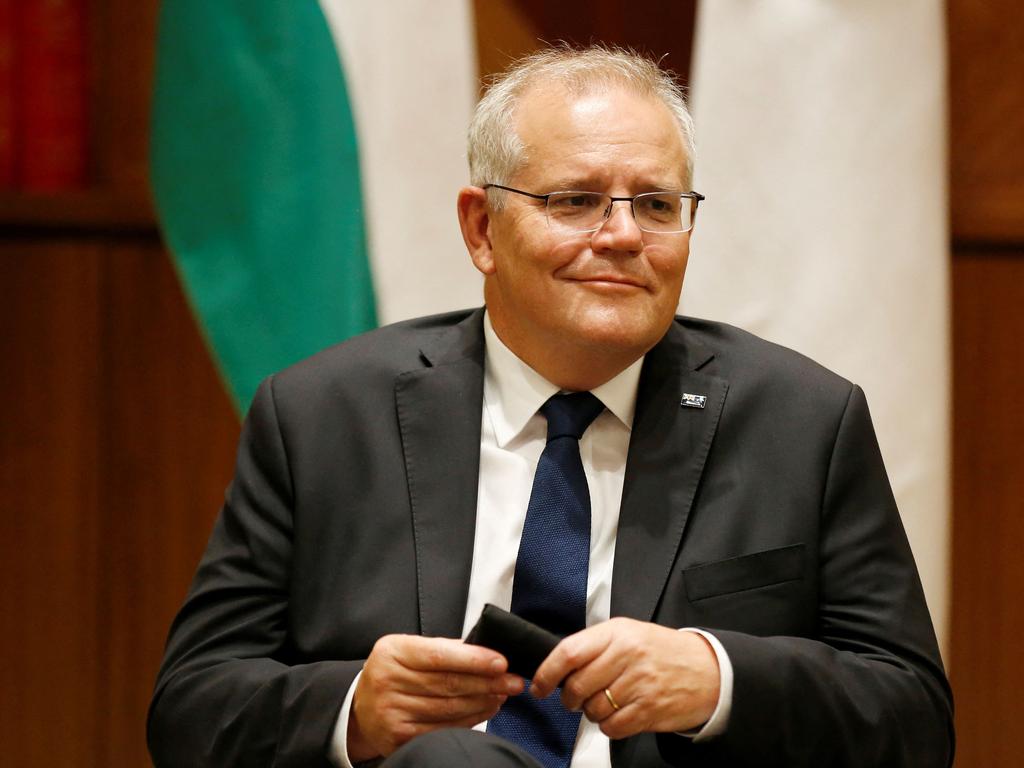
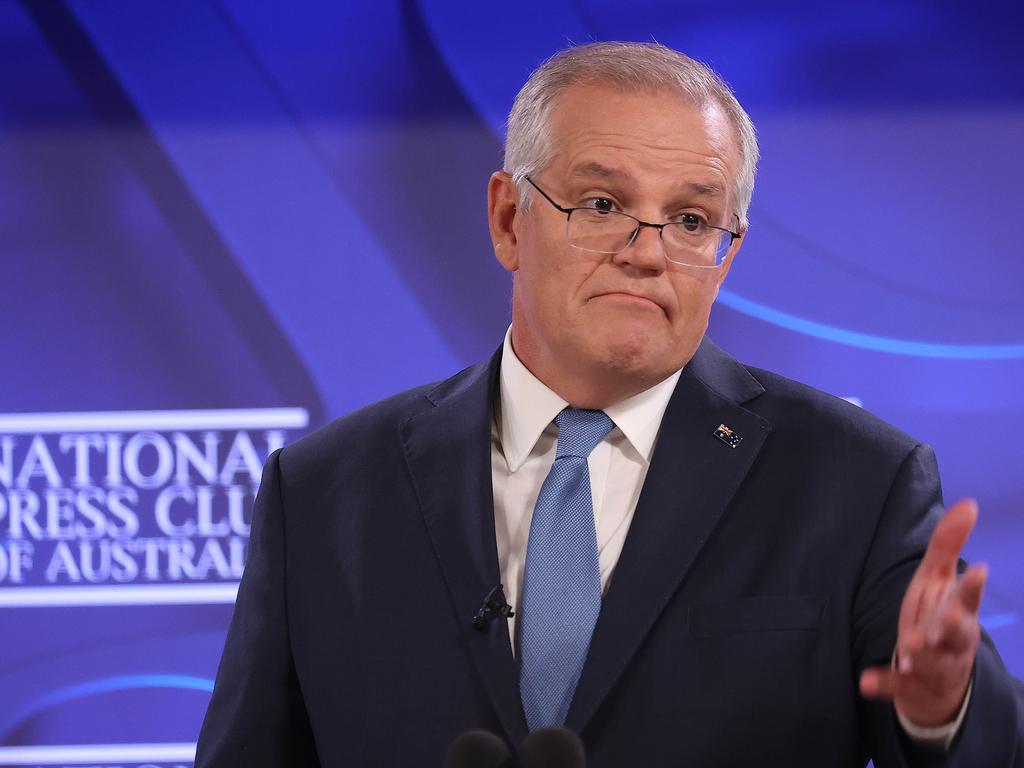
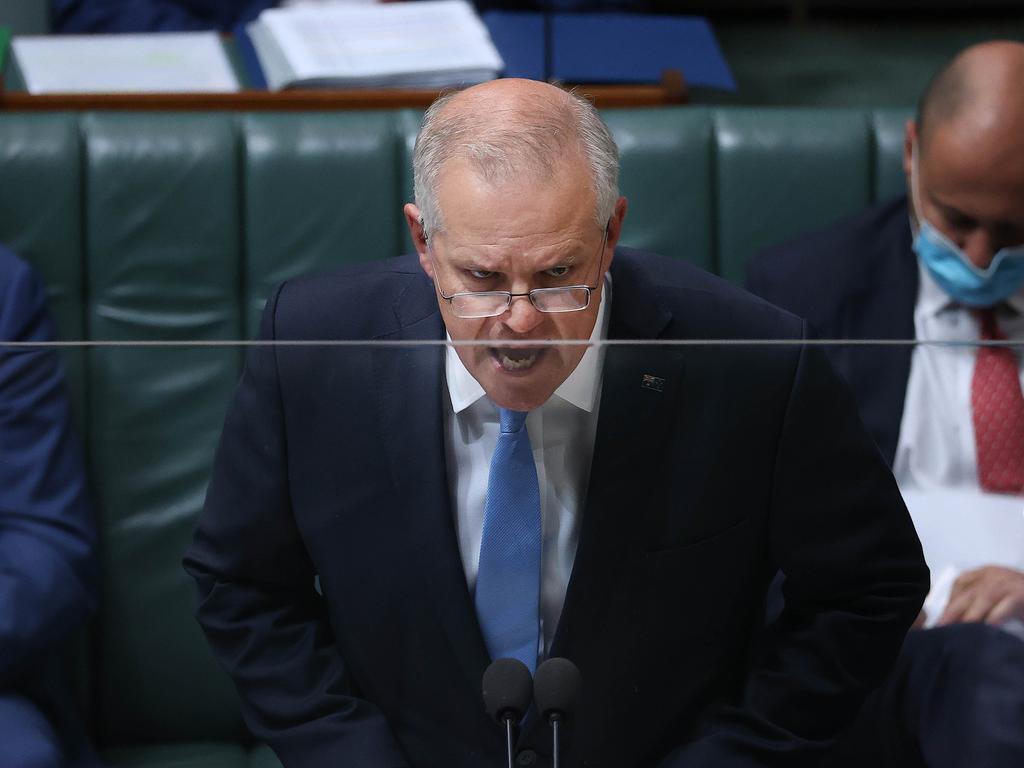



Negative politics works, but those who live by the sword sometimes die by the sword.